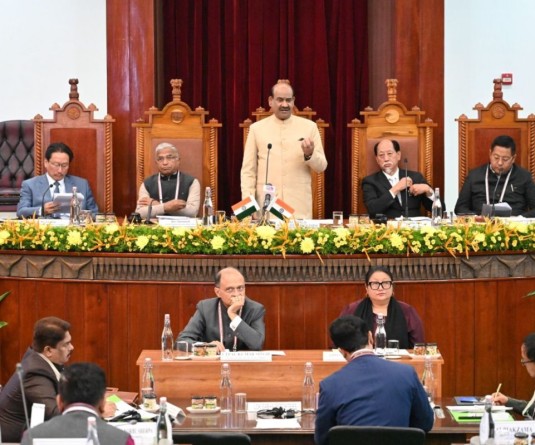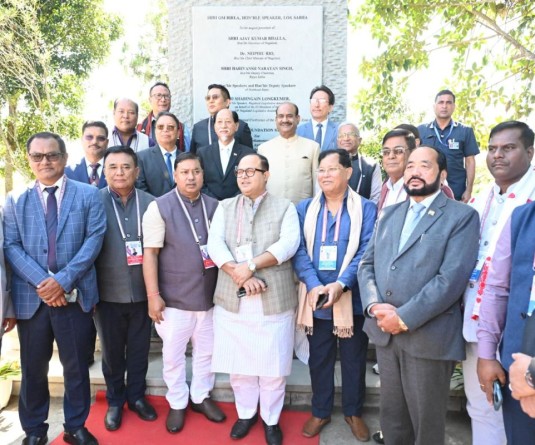
Morung Poll result questions its continuity
Morung Express News
Dimapur | April 17
Was the Nagaland Liquor Total Prohibition (NLTP) Act, 1989 an act implemented at the spur of the moment destined for failure? Conversely, does it need reviewing?
An overwhelming majority of respondents to a poll has called for an outright review. Last week, a poll conducted by The Morung Express asked: Should the Nagaland State government have an independent review on the merits and de-merits of the Prohibition Act? Why?
70 percent of the respondents said ‘Yes’ while 20 percent were against it; 10 percent respondents were ambivalent. A closer scrutiny of those responding ‘No’ or ‘Other’ revealed that they were not against the review per se, but were only skeptical about the ability of the government to hold an honest and independent review, just like the Act under purview. The NLTP Act 1989 was enacted in the State following the demand of the Church bodies to declare Nagaland as “dry state,” though many are of the opinion that it is one of the “wettest states” in the country.
Is prohibition complete failure?
It’s no secret prohibition has neither controlled the sale nor consumption of alcohol, but resulted only in the proliferation of bootlegging and spurious products taking a toll on the ‘health’ of the State as well as its citizens. Most recently, a present Naga legislator who was a part of the Government that implemented the NLTP Act admitted to a news agency that “The Act was a mistake and a folly,’’ further implying that it was done without any pragmatism or an in-depth study. “We only helped the bootleggers of Assam and cash-starved Nagaland lost huge revenue,” he added.
“The truth is that it is not working in Nagaland, but no one wants to point is out because they are afraid of being morally judged by the Church,” a reader commented. “In fact it should be the church that should come out openly and demand that the Government have an independent review of the Prohibition Act.”
Others accused Government and other entities of turning a ‘blind eye’ to an open reality. “Why ban and let the public die of bootlegged liquor when it is available as common as a mineral water,” justified another.
A review is the only sane and logical step that the State government can make. Having a law that’s only good on paper is redundant, some readers pointed out.
Review: A futile exercise
Most of the readers voting against a review did so questioning the Government’s ability to conduct an impartial enquiry.
“An independent neutral body to come up with a report that shows the real situation is unlikely,” a reader said, adding that such report would be hijacked by those who want the Prohibition Act to continue.
Others answering ‘No’ to the question said such exercise would be futile and a complete “waste of time.” “So far none of the judicial inquiry committees have resulted in any positive outcome. It is a farce,” a reader elaborated.
However, a minority of the respondent called for streamlining the present Prohibition Act attributing the failures to “enforcing agencies.”
“It is an indication of failure of implementing mechanism, corruption and the lack of determination to do what needs to be done,” a reader posted.
Who will bell the cat?
Readers who answered ‘Other’ also chose to look at the paradoxical situation brought about by the prohibition. It is funny because those who are for prohibition can continue to proudly say Nagaland is a dry state where alcohol is impossible, while those who are against prohibition know exactly where to buy it. It’s a win-win situation, a reader responded cheekily.
Some wondered whether Nagas have the ability to take things in moderation. “By all means lift prohibition so that good quality alcohol becomes available at rather than the sub-standard stuff that is sold in black market. But question of responsible drinking will still remain,” another reader stated.
Overall, the poll suggested that perhaps time is ripe seriously to examine the merits and de-merits of the Prohibition Act in the State. The question is how?
One cannot deny that there should be review of Prohibition which has been there in Nagaland for more than 20 years, a reader maintained, but who will bell the cat? “Everyone knows it but no one is willing to admit it.”






